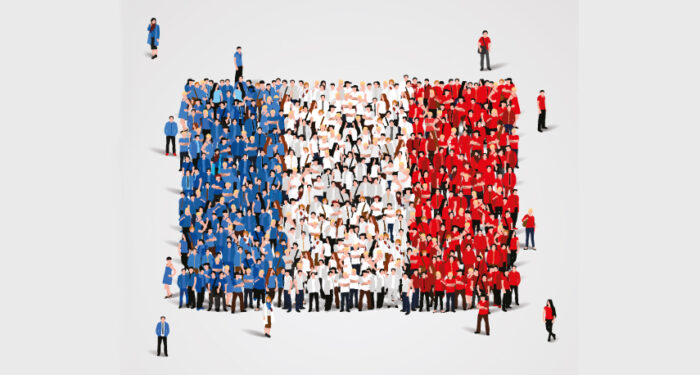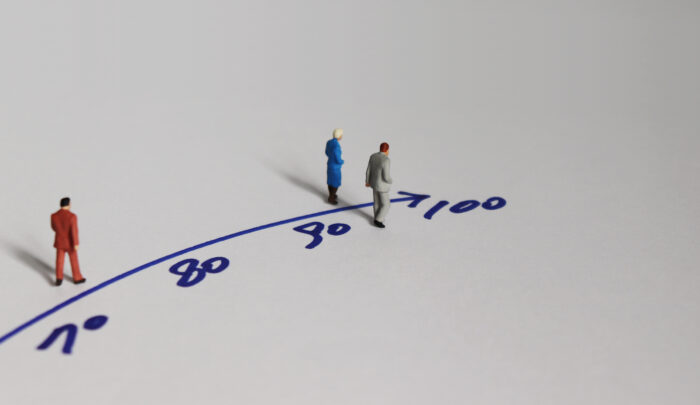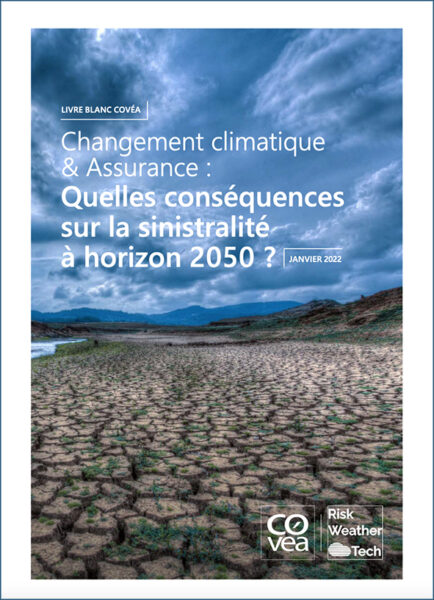Over the past fifty years, life expectancy in France has risen considerably : men lived eleven years longer on average, by 1996, and women thirteen years. Life expectancy at birth is now 74.6 years for males and 82 years for females. While this progress was mostly due to decreased infant mortality, since 1970 the improvement is due to lower mortality for those of 60 years and over. “As age increases”, notes Jean-Paul Sardon, “the stronger is the relative gain in longevity”. In other words, more and more people will reach 60 years, and they will live longer and longer.
This dramatic progress has taken place, at different rhythms, in all Western countries. All show distinct differences between genders (and among socioprofessional categories). Two obvious questions come to mind : one about the quality of extended life (with or without incapacity), the other about the continuation of the trend itself.
Jean-Paul Sardon provides us with updated synthesis on controversies incident to the issue. In particular, there are two opposing schools of thought on the future of mortality. For one of them, life expectancy will eventually plateau around 85 years of age; for the other, it can be extended up to 120 years, thanks to better conditions of living and progress in medicine. The second forecast proves to be accurate, aging will be a far more serious problem than the most pessimistic of current scenarios : the proportion of elderly in the population would skyrocket from about 30% to 70%!
Les futurs de la mortalité
Cet article fait partie de la revue Futuribles n° 244, juil.-août 1999



